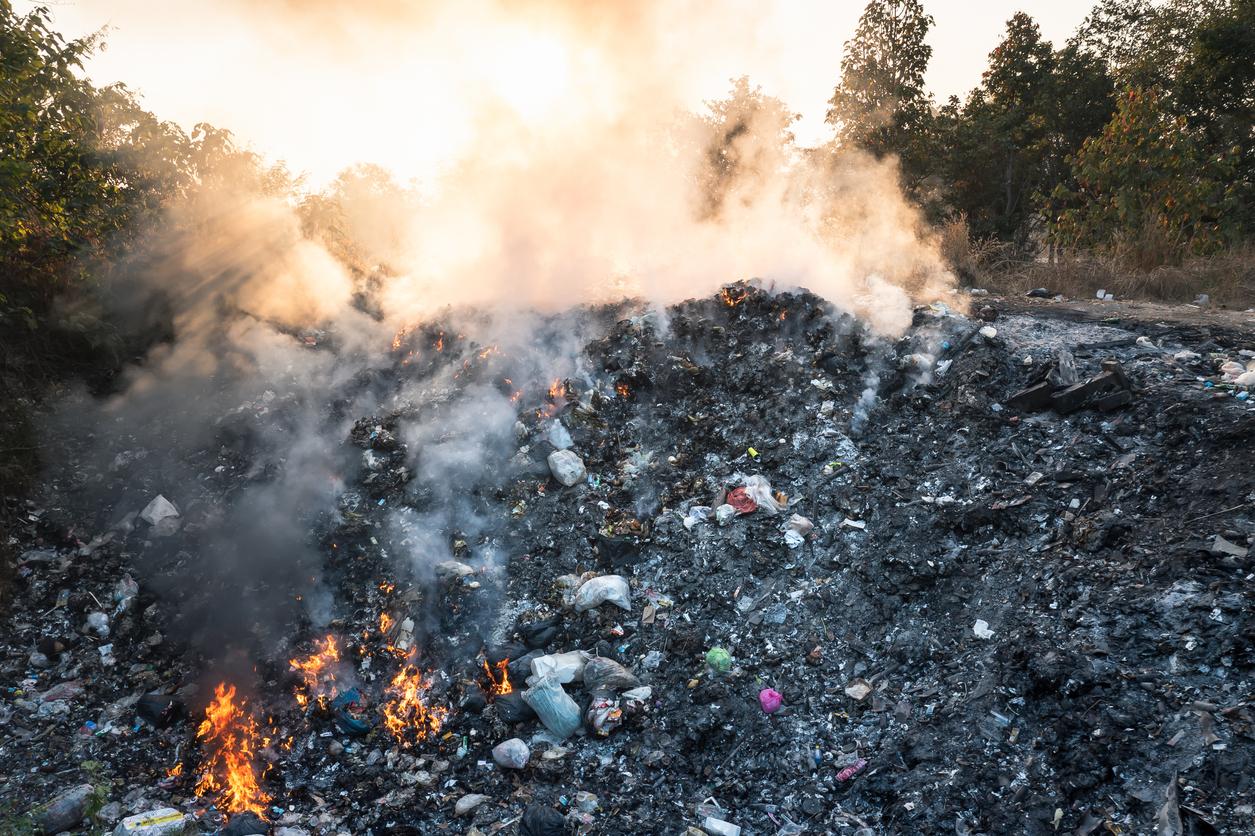Certain pollutants in the environment increase the risk of developing Covid-19, according to a study.

- This is not the first time that a link between pollution and Covid-19 has been established.
- 706 new cases of Covid-19 were confirmed as of February 13, 2023, according to the latest report from Public Health France.
Covid-19 has not yet revealed all its secrets, but researchers have recently made a major discovery. According to a studyconducted by several Spanish research centers and published in the journal Environmental Research, high levels of certain chemical pollutants in the blood are associated with an increased risk of Covid-19 infection.
Covid-19: environmental pollutants are risk factors
This is the first prospective analysis of pollutants in the blood of healthy people from pre-pandemic data. “What our study shows is that individual levels of certain environmental pollutants increase the risk of infection and the risk of developing the disease.“, explains Miquel Porta, a doctor at IMIM-Hospital de Mar and one of the main authors of the study.
Thus, environmental pollutants would join the list of other factors that influence the risk of developing Covid-19. These are comorbidities (the fact that the person already suffers from other illnesses), smoking, age, level of education, density of people in the house, or even exposure to virus in public transport or at work.
Coronavirus: exposure to several substances increases the risk of infection
The researchers analyzed frozen blood samples taken in 2016 from 240 people from the general population of Barcelona. They were thus able to study the relationship between blood levels of organic pollutants and chemical elements with the frequency of Sars-CoV-2 infection in these same people in 2020-2021.
According to them, several substances from different chemical groups each increase the risk of infection and disease: the risk of developing Covid-19 was associated with DDD and DDE (derivatives of the pesticide DDT), as well as lead, thallium, ruthenium, tantalum, benzofluoranthene and manganese.
High levels of thallium, ruthenium, lead and gold were associated with a higher risk of infection, while high levels of iron and selenium were protective, the study authors say.
Pollution leads to lower body resistance to Sars-CoV-2
These pollutants enter our bodies through multiple routes, from electronic devices to foods used in intensive farming, and harm human health. In the case of DDT, for example, high levels of exposure to this substance can cause nervous system and liver problems.
A previous study carried out by researchers from the National Center for Scientific Research (CNRS), published last November, had demonstrated a correlation between peaks in air pollution with fine particles and the increase in the mortality of Covid-19 patients.
High concentrations of fine particles in the air are known to cause irritation of the respiratory tract, which would facilitate the penetration of respiratory viruses such as Covid-19.

















